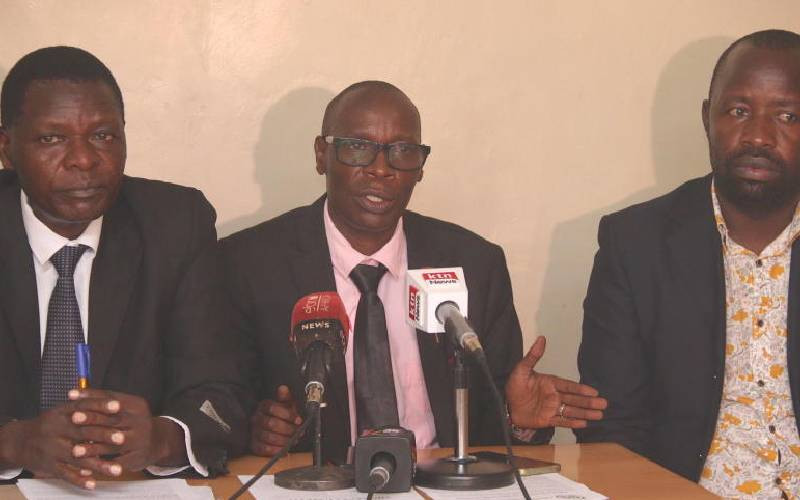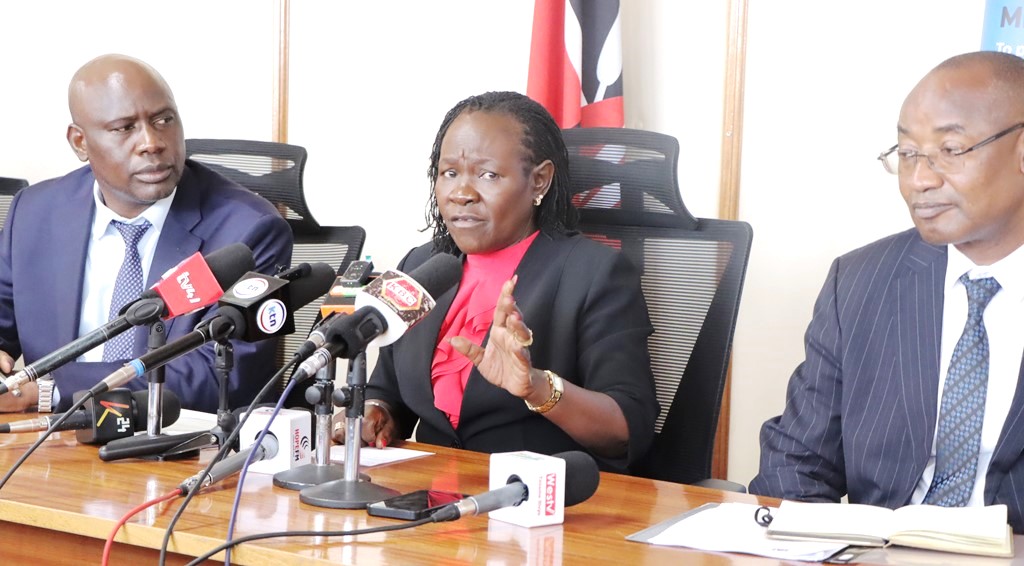The National Parents Association (NPA) has raised alarm over a potential school dropout crisis, warning that more than 30 percent of students risk leaving school if the government proceeds with plans to slash capitation from Sh22,000 to Sh16,000 per student.
NPA Secretary-General Eskimos Kobia said the proposed reduction would severely disrupt learning, especially for students in day schools whose parents rely heavily on the government’s subsidy to keep them in school. He described the capitation as a lifeline for many households already struggling with the high cost of living.
The warning follows Treasury Cabinet Secretary John Mbadi’s statement indicating that the government can no longer sustain the free education program at current funding levels, proposing a new capitation figure of Sh16, 000.
Parents and leaders across the country have criticized the plan, accusing the Kenya Kwanza administration of eroding gains achieved in the education sector over the past two decades.
ALSO READ:
Orero Boys celebrates cultural diversity in a colorful cultural day
Kobia called on Members of Parliament and Senators to oppose the capitation cut, urging them to protect the education of millions of Kenyan children.
“If the government proceeds as announced by CS Mbadi, we are likely to see a mass exodus of students from schools, with over 30 percent, mostly from day schools, dropping out,” Kobia said while addressing parents in Naivasha.
He further demanded that the government consider increasing capitation to Sh25,000 to reflect the rising cost of learning materials, utilities and the implementation of the Competency-Based Curriculum (CBC).
ALSO READ:
Society warned not to forget the boy child amid girl empowerment efforts
Kobia also called for investigations by the Ethics and Anti-Corruption Commission (EACC) into reports that some unregistered schools had received capitation funds while public schools continue to face financial hardships. He argued that such irregularities are unjustifiable at a time when the government is contemplating slashing funds meant for genuine learners.
“It is shocking that some unregistered schools have benefited from millions in capitation yet public schools are burdened with debts,” he said.
The proposed reduction of capitation is viewed as a major threat to the sustainability of free education in Kenya, which has been in place for the last 23 years. Stakeholders are now pushing for the government to rethink the proposal and prioritize education funding in the upcoming budget allocations.
By Benedict Aoya
You can also follow our social media pages on Twitter: Education News KE and Facebook: Education News Newspaper for timely updates.
>>> Click here to stay up-to-date with trending regional stories
>>> Click here to read more informed opinions on the country’s education landscape






